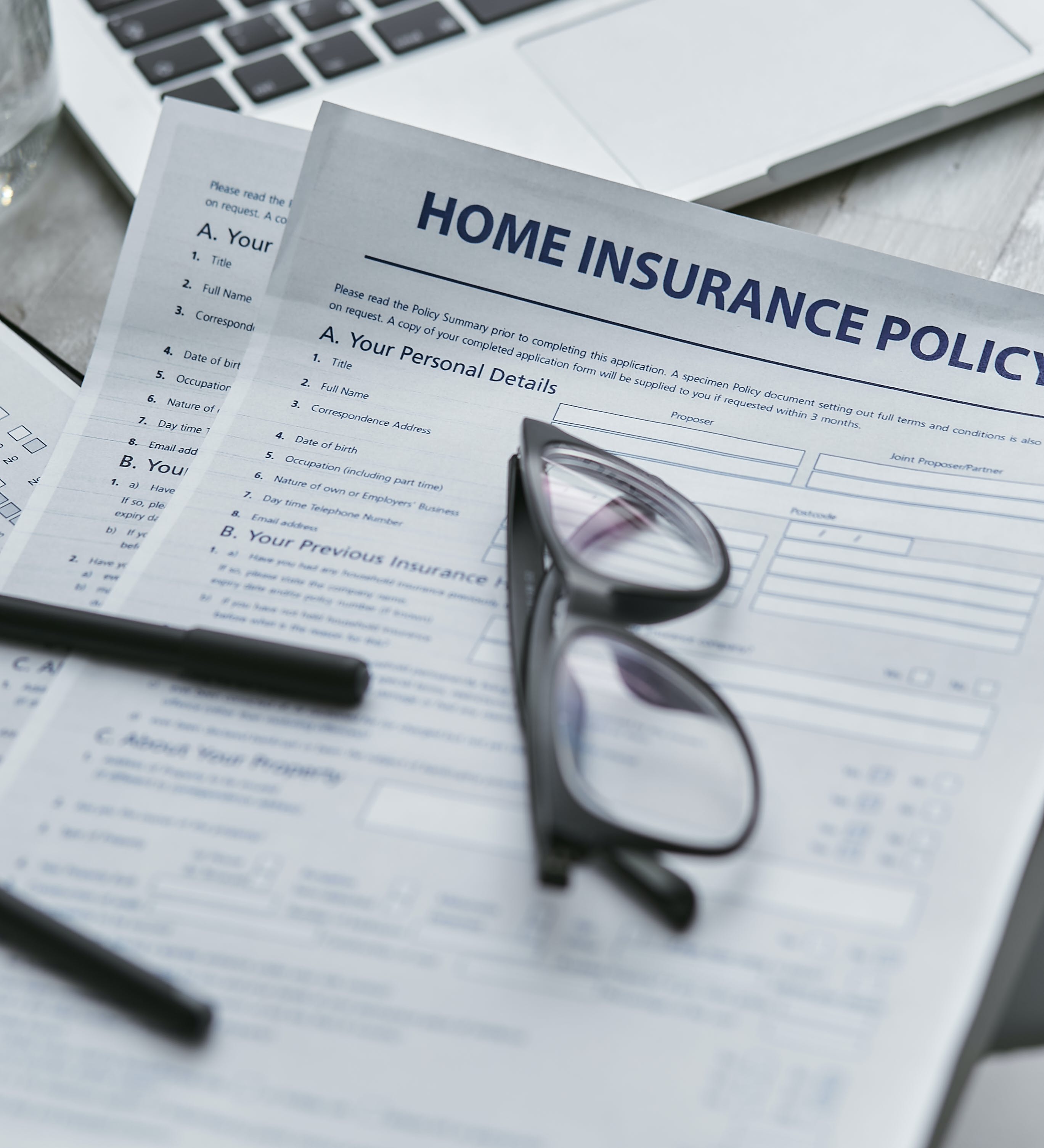Are you looking for ways to lower your home insurance costs? Certain home improvements can help you reduce your premiums and take advantage of home insurance discounts. For example, by investing in storm-resistant windows, water shut-off devices, security systems, storm shutters, deadbolt locks, hurricane clips, a new roof, smoke and carbon monoxide detectors, electric or gas fireplaces, new wiring, sprinkler systems, upgraded plumbing, new garage doors, earthquake retrofitting, and sump pumps, you can potentially reduce your insurance premiums.
Take action today and implement these strategies to enjoy long-term cost savings.
Key Home Improvements for Lowering Insurance Costs
Several key home improvements can lower your insurance costs by enhancing the safety and security of your property and preventing damage during storms, burglaries, and other unforeseen incidents.
Storm-Resistant Windows
- Installing storm-resistant windows can protect against strong winds, flying debris, and break-ins.
- These windows are designed to withstand harsh weather conditions, reducing the risk of damage to your home and offering added peace of mind.
Security Systems
- Investing in a reliable security system, complete with alarms, surveillance cameras, and motion sensors, can deter burglars and reduce the risk of theft.
- Not only do security systems enhance the safety of your home, but they can also make you eligible for insurance discounts.
New Roofs
- A new roof improves the aesthetic appeal of your home and can also prevent leaks and structural damage.
- Insurance companies often offer discounts for homes with newer roofs, as they are less susceptible to water damage and other weather-related issues.
Other measures, such as installing smoke and carbon monoxide detectors, upgrading your plumbing and wiring, and adding water shut-off devices, can make your home safer and reduce insurance premiums. Remember to inquire with your insurance provider about discounts that may be available based on these improvements.
Shopping Around for the Best Insurance Policy and Asking about Discounts
Don’t settle for the first insurance policy you come across. Take the time to shop around and compare different insurance options. By asking about discounts and negotiating with insurance providers, you can find the best coverage for your home at a lower cost.
Contact multiple insurance companies and request quotes based on your specific needs. Compare their coverage options, deductibles, and premiums to ensure you get the most value. Remember that the cheapest policy may not always be the best, so consider the level of coverage provided and the reputation of the insurance company.
Ask about available discounts
- Multi-policy discount: If you already have an insurance policy with a provider, such as auto insurance, you may be eligible for a multi-policy discount by bundling your home insurance.
- Security system discount: Installing a burglar alarm, smoke detectors, or a home security system can often lead to lower premiums, as these measures reduce the risk of theft or damage.
- Claims-free discount: If you have a good history and haven’t filed any insurance claims in a certain period, you may qualify for a claims-free discount.
- Senior or retiree discount: Some insurance providers offer discounts for homeowners who are seniors or retirees, so be sure to inquire about this if it applies to you.
Remember, it’s always worth asking your insurance provider about any additional discounts or promotions they may have available. Don’t be afraid to negotiate and advocate for yourself. If you have a good credit score, be sure to mention it, as this can also positively impact your insurance premiums.
Maintaining Home Safety and a Good Credit Score
Keeping your home safe and maintaining a good credit score are essential in lowering your insurance costs. Regular home maintenance, installing smoke detectors, and other safety measures can help protect your home and potentially qualify for insurance discounts. Here are some tips to help you maintain a safe home and improve your credit score:
Home Safety Tips:
- Perform regular home inspections to identify any potential safety hazards. Fix any issues promptly to prevent accidents and damage.
- Install smoke and carbon monoxide detectors on every floor of your home. Regularly test them to ensure they are functioning properly.
- Consider installing security systems, such as burglar alarms and surveillance cameras, to deter potential break-ins and reduce the theft risk.
- Upgrade your home’s electrical system and wiring to prevent electrical fires. Hire a licensed electrician for any electrical work.
- Ensure your home has proper fire extinguishers in easily accessible areas. Learn how to use them correctly.
- Keep your home well-lit, both indoors and outdoors, to deter criminals and improve safety.
Good Credit Score Tips:
- Pay your bills on time to avoid late payments, which can negatively impact your credit score.
- Keep your credit card balances low and pay off any debts immediately.
- Avoid opening too many new credit accounts quickly as this can lower your credit score.
- Regularly check your credit report for errors and dispute any inaccuracies.
- Limit applications for new credit, as excessive inquiries can lower your credit score.
Lowering your insurance costs and saving money doesn’t have to be a challenge. You can enjoy long-term cost savings and protect your most valuable asset by taking proactive steps to improve your home, shop for the best policy, and maintain safety measures.




